When most people hear pneumonia, they think it’s one illness or bacteria. But the reality is that there are many different types of pneumonia your senior could catch, and they can be caused by bacteria, viruses, or even fungi. Regardless of the type of pneumonia your senior may have, it’s important for her to get it treated right away.
Pneumonia Becomes More Likely as Your Senior Ages
As your elderly family member ages, damage to her lungs from previous illnesses can make her more susceptible to pneumonia. It’s also more difficult for your elderly family member to remove mucus and other fluids from her lungs, which can contribute to a lung infection. If your senior’s immune system is not doing as well as it could be, that is another big factor in developing pneumonia.
Pneumonia Immunizations Work
It’s important to remember that there are effective pneumonia vaccines. Your senior should talk with her doctor about which pneumonia vaccines she should take and how often she should get these immunizations. Staying up to date with the pneumonia vaccine can help to reduce your senior’s likelihood of developing pneumonia.
Practice Good Hygiene to Avoid Pneumonia
Another big factor in ensuring your senior doesn’t develop pneumonia involves simple hygiene. Washing your hands and encouraging her to wash her own hands often helps to remove germs that could eventually lead to pneumonia. When soap and water aren’t available, hand sanitizer made with alcohol is an excellent second choice.
Help Your Senior to Stay Healthy Overall
The healthier your elderly family member is overall, the easier it will be for her body to avoid infection. That means exercising if her doctor agrees that is okay for her as well as looking more closely at what your senior is eating. In-home care providers can help your elderly family member to stay on target with her daily routines, which can help to ensure that she’s able to get all of the activities in each day that she wants to.
Stay Alert for Signs of Pneumonia
Some people can have pneumonia and not realize it at all. Overall, if your senior has a cough that won’t go away, a fever, chills, and chest pain, she needs to see her doctor. Shortness of breath and green or yellow mucus can be additional signs that she might be dealing with pneumonia. The sooner your elderly family member determines if what she’s experiencing is related to pneumonia or not, the sooner she can get treatment.
Get Help from In-home Care Providers if Your Senior Needs Extra Help
Pneumonia can leave your senior feeling weak and unable to do much at all. Having in-home care providers available to make sure she’s doing alright can be a huge help. They can help her to keep her home clean while she’s under the weather and make sure she’s eating and generally improving as she heals.
Pneumonia can become very serious very quickly, so it’s important that your elderly family member doesn’t ignore symptoms that could indicate that she’s experiencing a lung infection.
If you are considering in-home care in Henderson, NV, for an aging loved one, please contact the caring staff at Golden Heart Senior Care of Summerlin. 702-800-4616.
Our caregivers and staff members treat our clients, residents, and their families with the utmost respect. Our focus is to provide the highest quality of care and service with compassion and dignity.
- Helping Seniors Simplify Their Surroundings - April 4, 2025
- Is Your Senior Ready for a Move to Assisted Living? - March 21, 2025
- How Medical Advocacy Helps Seniors Manage Chronic Conditions - March 14, 2025




